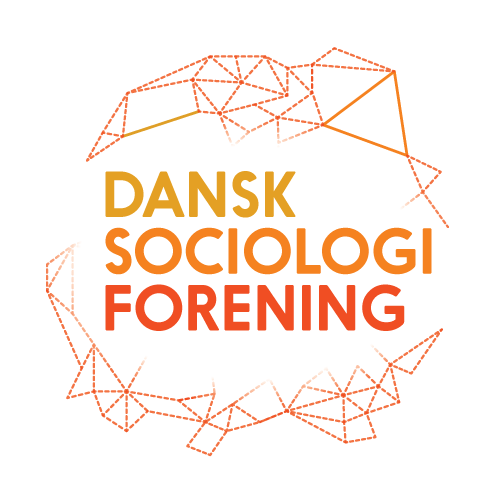Structures and Events – a Dialogue between
History and Sociology
7th Annual Seminar of the Bielefeld Graduate School in History and Sociology (BGHS),
29 June to1 July 2015, Bielefeld University, Germany
What are structures? What are events? How do they relate to each other? These questions are of pivotal theoretical and methodological importance both in History and Sociology. They have informed and shaped debates between structuralist and (inter-)actionist theories and between structural and event history. More recently, approaches in both disciplines have begun to focus on the interplay and interdependence of structures and events. These approaches emphasise, for instance, the salience of social practices, cultures of commemoration, historical memories as well as path dependencies and critical junctures. They thereby make the complex and diverse entanglements of structures and events visible, both at the “macro”- and “micro”-levels: At the macro-level certain events disrupt and re-shape social, cultural, economic and political structures and sometimes become elements and/or causes of social transformations (e.g. revolutions, natural catastrophes, discoveries or inventions). At the micro-level, deliberate or accidental violations of behavioural norms can be described as critical events which make the vulnerability of norms visible but simultaneously contribute to their stabilisation and/or transformation. Finally, the interplay of global structures and local events, on which globalisation studies and global history focus, calls into question traditional micro/macro-dichotomies and poses the challenge of their theorisation.
The 7th BGHS Annual Seminar aims to deepen the dialogue between History and Sociology, and especially between junior scholars of both disciplines (PhD students and Postdoc-level) whose work tackles with the differences and entanglements of structures and events. Despite some notable exceptions, both History and Sociology have tended to study these issues within their disciplinary b oundaries. The Annual Seminar intends to bring these different traditions of research together in order to identify promising lines of inquiry and to advance a more comprehensive and interdisciplinary understanding of how structures and events relate to each other.
We are therefore interested in theoretical, methodological as well as empirical papers from History and Sociology, but also from related disciplines like Anthropology, Ethnology or Political Science. In order to further the interdisciplinary dialogue we especially welcome papers comparing and combining approaches and insights from various disciplines. Possible topics and questions for papers may include, but are not limited to:
– Promising theoretical approaches: How do the different disciplines theorise and think about “structures” and “events” and the different ways in which they interlink and influence each other? How can approaches and insights from sociology help to better understand relevant questions in history and vice versa?
– Methodological issues: Are events to be construed as evidence, examples, illustrations or manifestations of structures? Can structures be described and studied without referring to events and vice versa? Can structures be reduced to sequences of events or are they to be considered as emergent phenomena?
– Crucial events: What makes some events more important than others? How do certain events become “shapers” or “makers” of social structures and social transformations? What role do critical moments like lapses or faux pas in face-to-face interaction play not only in their immediate but also in a wider societal context? What do events like the French Revolution, the fall of the Berlin Wall, 9/11, the bankruptcy of Lehman Brothers or the Fukushima nuclear accident tell us about the interplay of structures and events and the possibility/capacity of events to influence and change structures?
– Global structures and local events, local structures and global events: How do global social, economic, political and cul tural structures and events impact upon and shape local events and practices? How much “resistance” is possible for local practices and cultures in the face of global structures? And how do some local events become signifiers of globality (e.g. Olympic Games)?
– Historical memories in discourses about the present and future: What role do social and historical memories play in societal discourses and practices? How are some past events construed as “historical lessons” able to guide actors in apparently structurally similar situations (e.g. the Munich conference of 1938 and the effects of “appeasement politics”)? How do societies observe and narrate their history and envisage their future – and what relative weight do they thereby assign to key events (e.g. major wars, declarations of independence) and the continuity or change of certain structures (e.g. the contemporary idea of an ever-faster changing world)?
Please send your proposal (approx. 400 words) to annualseminar@uni-bielefeld.de by 31 January 2015. Authors of selected proposals will be notified no later than 28 February 2015. The conference papers (approx. 15 to 20 pages) are to be submitted by 15 June 2015.
The BGHS will cover accommodation costs. Participants may additionally apply for a grant for their travel expenses if they have no other institutional sources of funding.
For further information on the BGHS, please visit our website at www.uni-bielefeld.de/bghs
